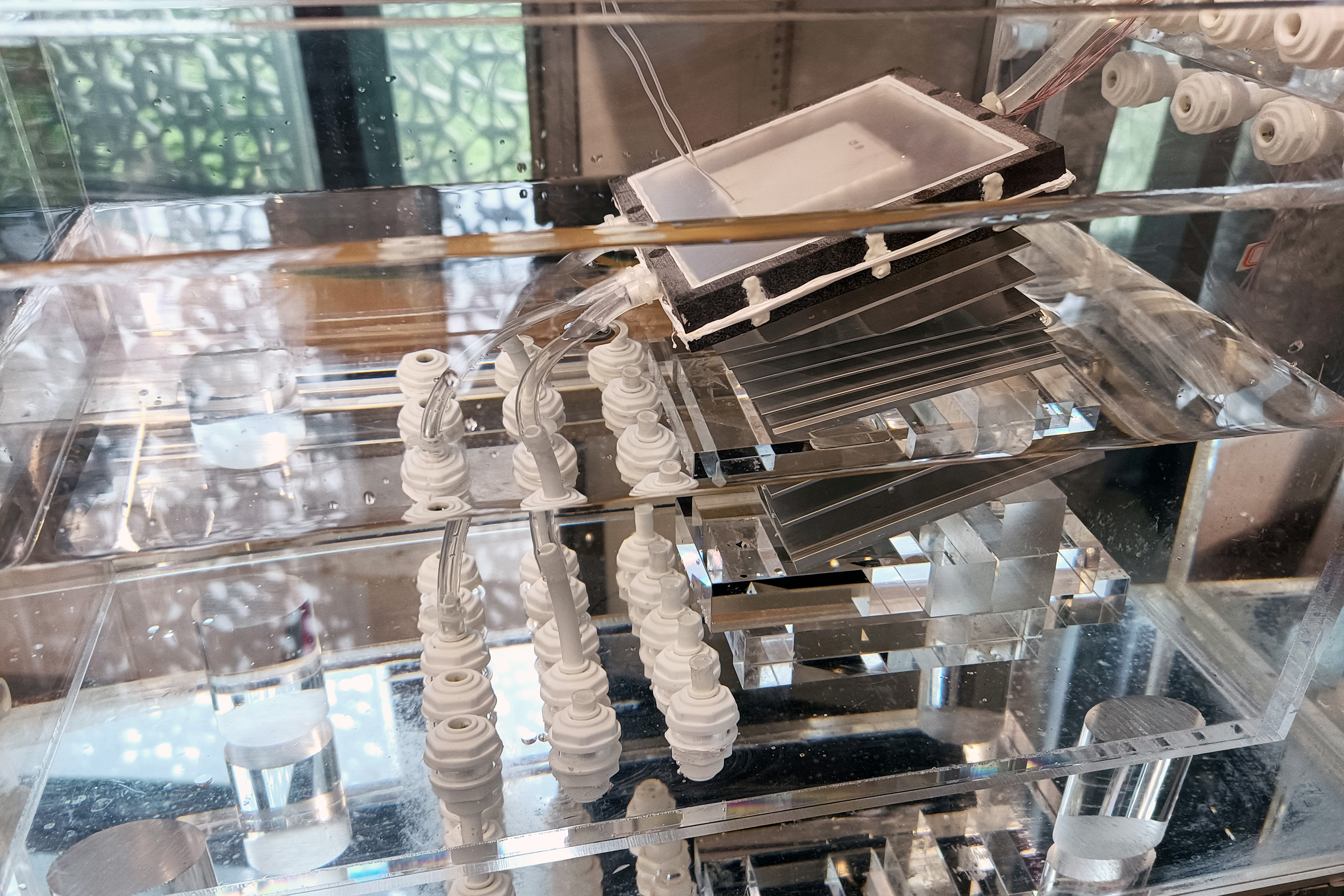Engineers at MIT and in China are aiming to turn seawater into drinking water with a completely passive device that is inspired by the ocean, and powered by the sun.
In a paper appearing today in the journal Joule, the team outlines the design for a new solar desalination system that takes in saltwater and heats it with natural sunlight.
The researchers estimate that if the system is scaled up to the size of a small suitcase, it could produce about 4 to 6 liters of drinking water per hour and last several years before requiring replacement parts. At this scale and performance, the system could produce drinking water at a rate and price that is cheaper than tap water.



You’re correct to an extent, but water is still a very useful source of minerals. Potassium, calcium, magnesium, and fluoride are all minerals and salts that we primarily get from water, and thus distilled water can cause a person to become deficient in these elements (Source).
primarily? That’s an exaggeration.
the list goes on and on. Yes, you’re right, if you drink distilled water, you have to pay attention to deficiency but it’s not a big deal. Water, unless it’s enriched artificially, has traces of these minerals.